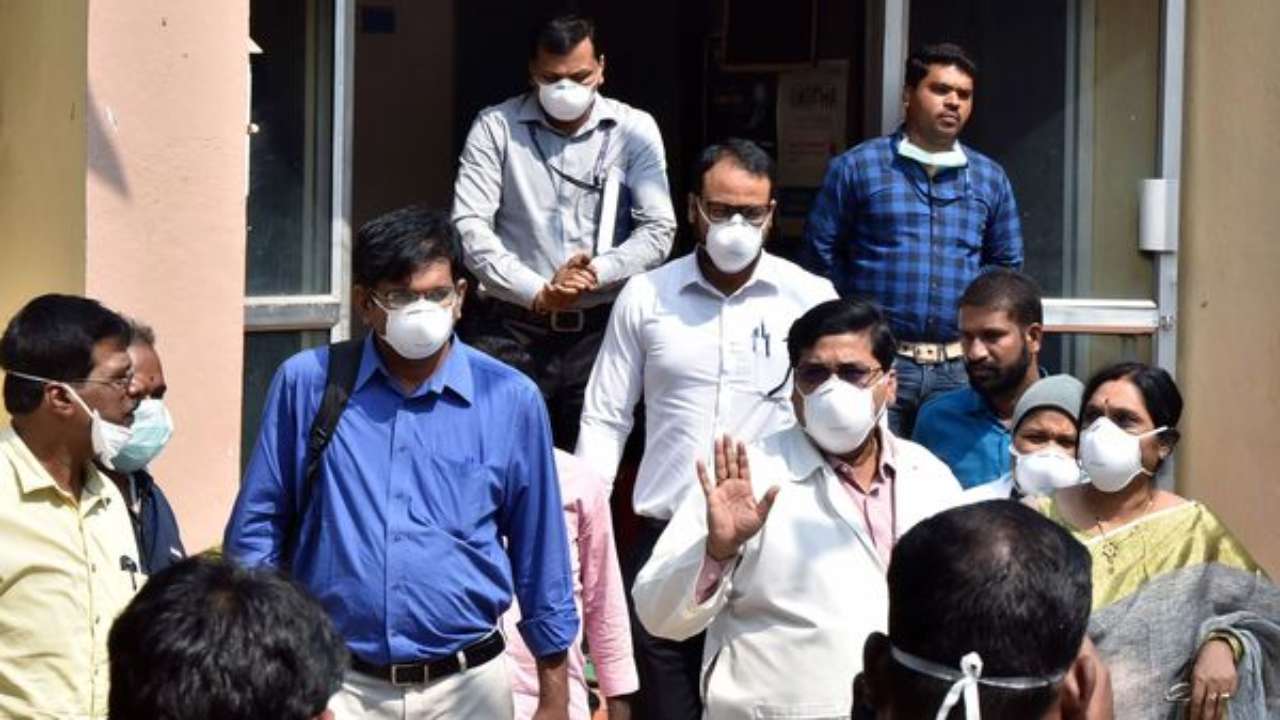After the outbreak of Covid-19 and subsequent shutdowns and quarantines many of us are reminded of the phrase taught to us in school textbooks: ‘Man is a social animal’.
Dropping your kid to school, meeting and greeting a neighbour on the way, taking a cab or metro for work, meeting your friend at your favourite café, discussing weekend plans or even neighbourhood dinners, the privilege of all these social exchanges has been taken away from us and save for virtual interactions, the social dimensions of our lives have largely been reduced to a nought!
Getting quarantined or self-quarantining due to lock down as a precautionary measure is not as easy as it seems. It is a task; it is a drooping task when you now want to do the tasks which were not tasks until a few days back.
No, this is not a quip but our reality and indeed it is hard to cope. People who are at home as a precautionary measure, are amongst the privileged few — they are situated at the top of the pyramid, always manage to stay afloat and their kids are at home because schools are closed. But spare a moment for those who are stuck mid way, have no place to go or are under quarantine at a healthcare facility.
The change can be frightening; going away from the comfort of your home and loved ones is very distressing. A sick person needs good human care and a growing body of research has proven the role of care givers vis-a-vis prognosis.
What separates Covid-19 patients from other patients is the former’s need for isolation. When you know you are going to be fine, statistically, but you have to stay put and ensure you do not become a carrier, it is very natural for you to fear unhackneyed place and people. The uncertainty of what comes next is very disturbing. Coupled with all the negative attention, it’s very likely to make you anxious.
Coronavirus: How to quarantine yourself while staying at home, step by step guide on wearing mask
The viral images of unhygienic quarantine facilities add to the chaos. For many, it was their first encounter with a government healthcare facility. These people have always relied on private facilities where you bypass every line with card swipes.
For those who are diagnosed, you are one of the two hundred thousand people globally. There is a strong reason to have hope as chances of your recovery are much much higher than of those who suffered from SARS or Ebola. You just have to take precautions and basic medical care for which your treating doctor is in best position to advice.
The role of healthcare professionals assumes double importance as their skills take care of patients’ physiological health while their conduct affects the mental health of the patients and their attendants. The growing number of cases of Covid-19 puts overwhelming pressure on health care professionals and it is our duty as a citizen to follow basic precautions and help them in containing the pandemic. So, it is time for the affected parties to follow the advice in letter and spirit.
Coronavirus: WHO advices to avoid taking ibuprofen if symptomatic
More and more people will be going through quarantine as the trend suggests, the relevant authorities should make the whole process of being quarantined agreeable and relaxed for the people. Books, Wi-Fi, good food, flowers, indoor plants, sketch and canvas can be made an essential part of it. A counselling helpline by the government or voluntary groups will certainly help. In the era of communication, you will not be restricted to connect with whom so ever you desire. This can substantially increase your screen time. Make a routine. Give rest to your eyes. Verify WhatsApp messages before sharing. Don’t lose humour.
Use this time as an opportunity to relax, introspect and connect with family members. Play with your kids, tell them a story, share with and listen to your spouse, rejuvenate the bond with your family members. Use this time to work on your hobbies; use this time to heal and grow as a person.
It’s perfectly fine to be concerned but if the fear is turning into distress and interfering with your daily life and affecting your mental health then you need to stop your information intake. Be alert but not perturbed.
Follow the guidelines of health ministry, abide by the rules as notified by the government. Do not panic. Remember you are not alone in this, we all are fighting a common enemy and we need each other now more than ever. This is teamwork and we will emerge victorious!
Dr Sadaf Hameed is a health Psychologist based in New Delhi. She works on the affect of chronic diseases on mental health.


















